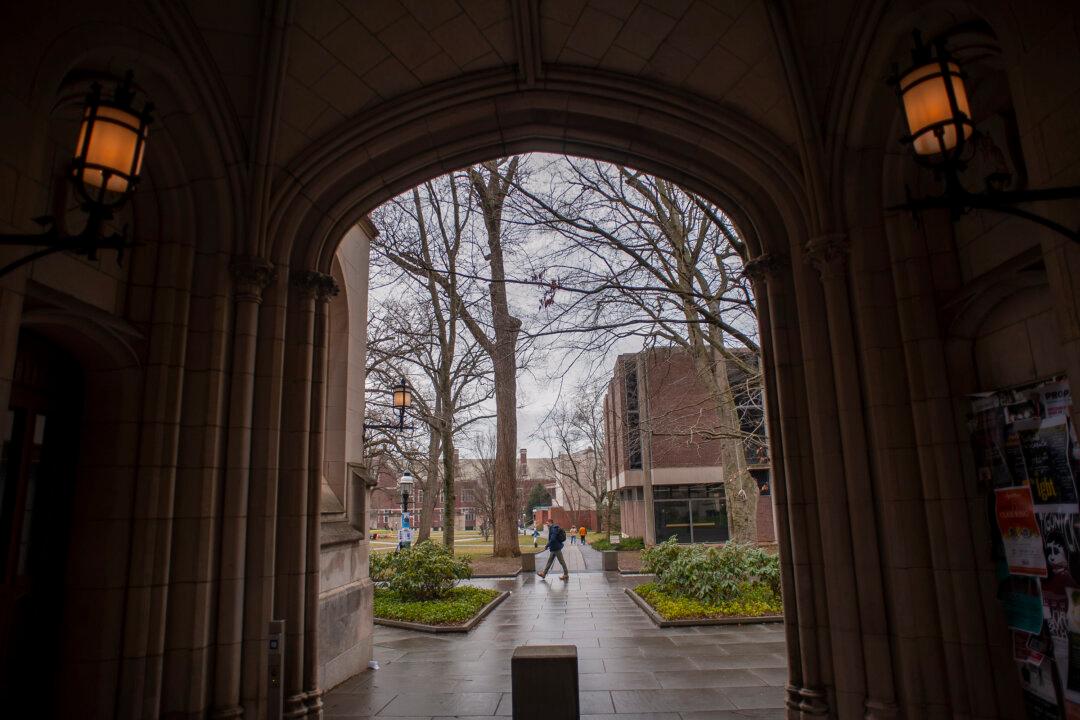Commentary
More than 350 individuals, most of them professors, did something unbelievable this month at Princeton University—or maybe it was all too expected.

More than 350 individuals, most of them professors, did something unbelievable this month at Princeton University—or maybe it was all too expected.